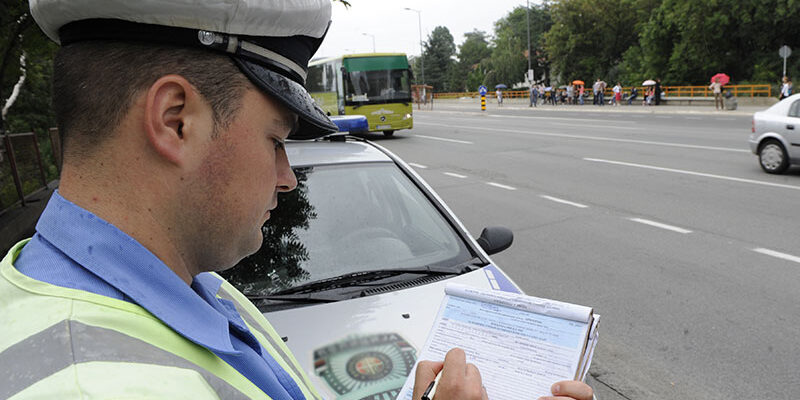Published in: Gulf News
Unless it is for job or to buy necessities you could be subject to a fine.
Dubai: People leaving their homes during the national sterilisation programme, between 8pm to 6am, can be slapped with a Dh3,000 fine, according to a new resolution on the list of sanctions for the precautionary measures taken to prevent the spread of coronavirus.
Emirati lawyer Mohammad Al Redha, of Al Redha Advocates and Legal Consultants, told Gulf News, that the new resolution issued by the UAE Attorney General highlighted two different fines for people defying government instructions both in curfew and non-curfew times.
“People leaving their homes during announced curfew times will get a fine of Dh3,000, unless it is a necessary matter or they are from vital sectors who are exempted from the curfew,” said Al Redha.
According to the circular people leaving their homes will also get a Dh2,000 fine unless it is to go for work or to buy basic necessities.
According to officials, the fine is for people who insist on going out for non-essential matters like going to the beach and parks or gatherings in public areas.
Al Redha said that a violation will be issued if the violator refuses to respond to warnings and directives issued by law enforcement officers of the competent federal and local bodies.
National permit
Ministry of Interior launches Federal Mobility Permit Service to allow people to move outdoors during the nationwide night-time disinfection campaign (from 8pm to 6am).
How to get national permit during night time?
“There is a great human angle in the new resolution by giving power to the law enforcement officer to issue a warning to the violator first before issuing a violation report if the violator didn’t respond to the warning,” Al Redha said.
Violation report
He added that as per the resolution, the officer must write the violation report including the violator’s details, type of violation, time and attached documents proving the violation.
“For example, if a person has chronic disease or cold and flu symptoms and they forgot to wear a mask inside supermarket, then the officer can warn them to wear a mask. If that person still insists not to wear the mask then he will be fined Dh1,000 as per the resolution,” said Al Redha.
Emirati lawyer Awatif Mohammed Khouri from Awatif Mohammad Shoqi Advocates & Legal Consultancy, said that police officers across the country have been authorised to collect the fines.
“As per article six of the resolution, the Ministry of Interior and Police Departments in the country, each according to its jurisdiction, will be responsible for collecting fines from violators and for coordinating with the concerned government departments in case the violator refrains from settling the fine amount,” Al Khouri said.
She added that according to the resolution’s second article, violators will be responsible for all costs paid on damages that have resulted from their violations.
The move comes as part of preventive and precautionary measures taken by the UAE to curb the spread of the COVID-19 and ensure the safety and wellbeing of residents and visitors. Violators of these precautions will face a fine ranging from Dh500 to Dh50,000.
Repeat offenders
The fines will be doubled for those found to be repeating the violation. Offenders will thereafter be referred to the Emergency and Crisis Prosecution Department at the Federal Public Prosecution if the violation is committed for the third time.
The Resolution mandates the Attorney General and members of the Emergency, Crisis and Disasters Prosecution to enforce administrative penalties on the violations once referred to them. They may also look into the grievances involving the administrative penalties included in article 5 of this cabinet decision.
Copyright © of this article is retained by the author and/or other copyright owners. We explicitly grant you permission to download a copy, without any alteration, of this article for personal non-commercial research or study, without prior permission or any charge. This article can be utilized on your website or for marketing, however, we grant you permission to host this article on your website and no other rights. This content should not be altered in any way or sold commercially in any format without prior permission of the copyright holder. During reference of this article, full biographic details entailing the name of the author, his designation, the institute and the publishing date of the article shall be provided.









